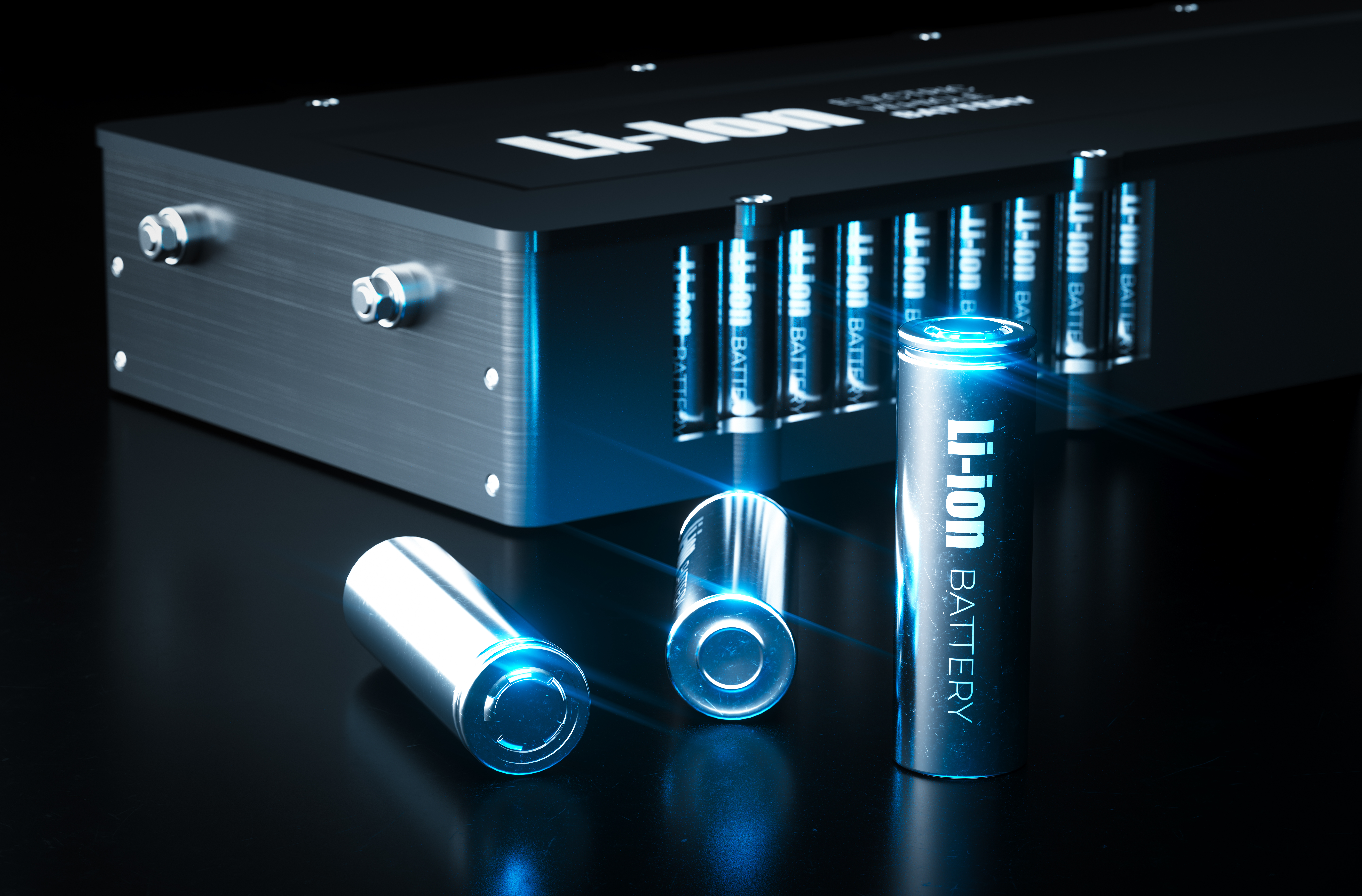The world of battery development is being transformed by the intricate chemistry of electrodes. They play a key role in enhancing energy densities and overall battery performance. This can be seen in lithium-ion batteries and their application in electric vehicles.
Recent advancements in electrode material science, spanning from the implementation of graphite anodes to the exploration of solid electrolytes, are not only redefining energy storage capabilities, but are also crucial in the push towards more efficient electric cars.
This article delves into the latest academic research to unravel the complex electrochemical processes and material innovations that drive the progress of battery development.

Energy Densities and Electrode Chemistry in Lithium-Ion Batteries
Recent studies have emphasized the significance of electrode material composition in lithium-ion batteries, particularly in boosting energy densities. The chemical reactions at the positive electrode and the electrical charge transport mechanisms are central to this discussion. By modifying the cathode material, substantial improvements can be made to the amount of energy stored and discharged by these batteries.
Graphite Anodes and Electric Vehicles
The choice of anode material, particularly graphite anodes, has been pivotal in the development of EV batteries. Graphite’s ability to facilitate stable chemical reactions makes it an ideal candidate for lithium-ion batteries in electric vehicles. This is because it maintains its structural integrity under repeated charging cycles.
The Shift to Solid Electrolytes in Energy Storage
The transition from liquid to solid electrolytes marks a significant milestone in the quest for safer and more efficient energy storage solutions.
Solid state batteries, leveraging solid electrolytes, offer greater stability and reduced risk of leakage compared to their liquid electrolyte counterparts. Solid electrolytes not only enhance safety but also open new avenues for increasing energy densities.
Chemical Reactions in Electrochemical Cells
Understanding the chemical reactions within electrochemical cells is fundamental to advancing battery technology. The interplay between the anode and cathode during the charge and discharge cycles determines the efficiency and longevity of the battery.
Battery Manufacturing in the United States
The landscape of batteries manufactured in the United States reflects a growing emphasis on sustainable and high-performance energy solutions. By integrating advanced Li-ion batteries in this sector, it is clear that the country is committed to fostering technological innovation for quality energy storage.
Moving Forward with Electrode Chemistry for Battery Development
The exploration of electrode chemistry in battery development reveals a world of potential for enhancing the performance of lithium-ion batteries, especially in electric vehicles. From the use of graphite anodes to the pioneering of solid electrolytes, each advancement brings us closer to more efficient and sustainable energy solutions.
As we continue to decode the complexities of electrochemical cells and their reactions, the future of battery technology looks promising. For further insights into the nuances of lithium-ion battery development, please visit Hiden Analytical and consider their related products.

